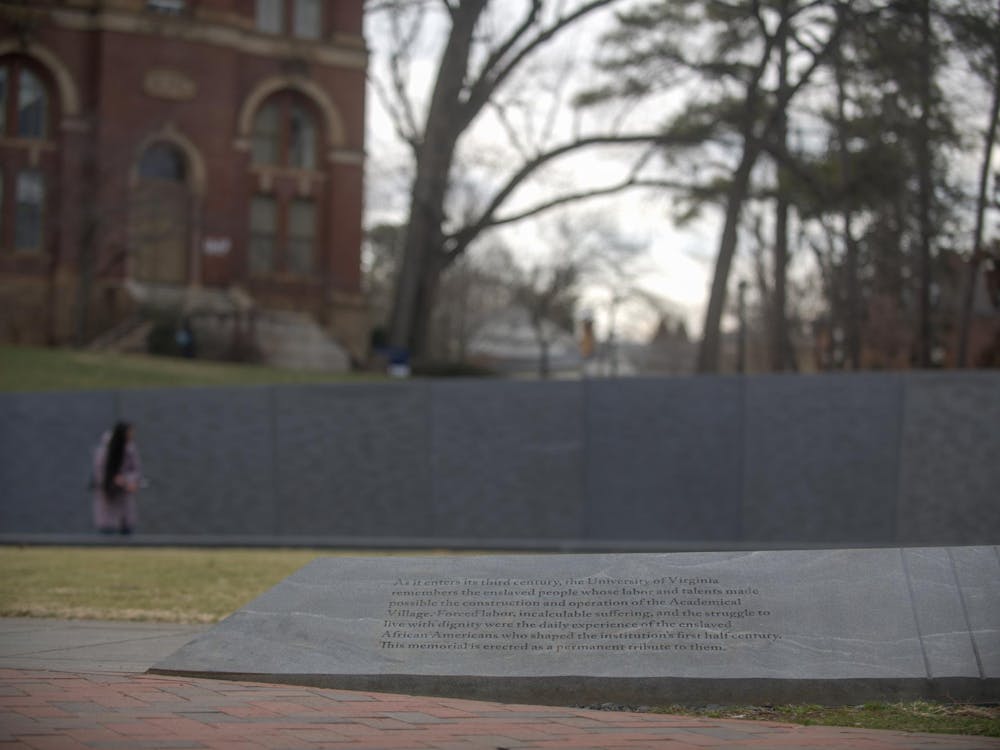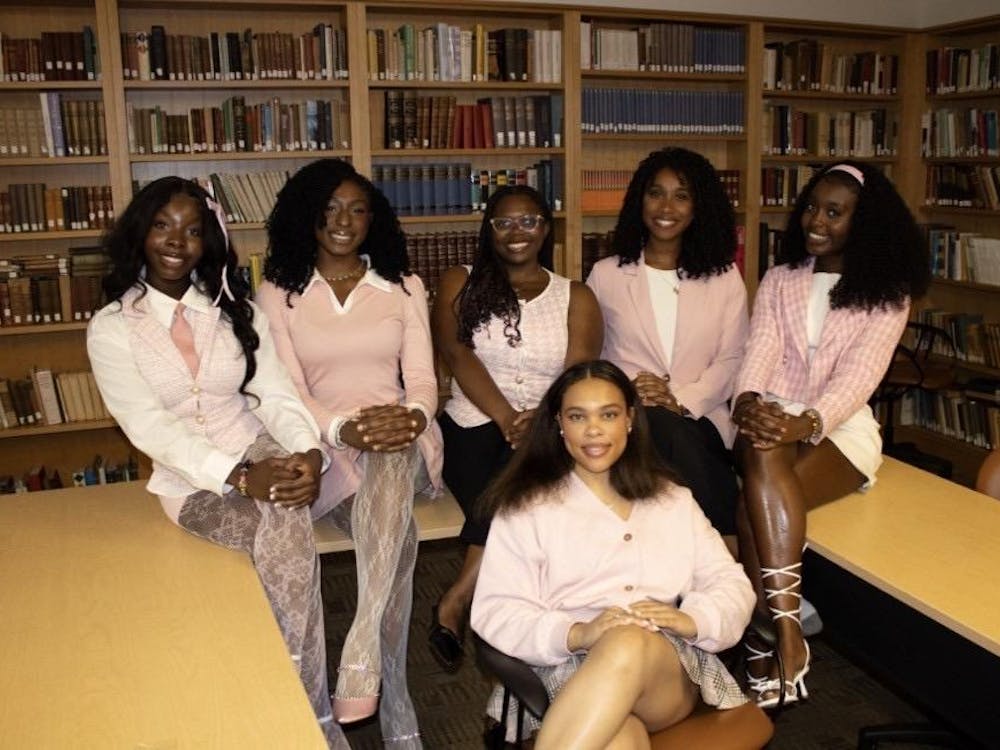Sitting in the waiting room of Planned Parenthood, Megan sipped a cup of juice and ate peanut butter crackers. A future University student, she had just turned 16, and she had just had an abortion.
Although the University has not conducted a study on student pregnancy, Christine Peterson, the director of gynecology at the Elson Student Health Center, said Student Health conducts several pregnancy tests each day. Most come back negative, but Student Health saw about 20 unplanned student pregnancies just last year, and this total may comprise only a small component of the overall number of unplanned pregnancies at the University.
After a student finds out she is pregnant, Student Health provides "nondirective, nonjudgmental counseling and information" and can refer her to appropriate resources in Charlottesville or elsewhere, according to Peterson.
"We help people understand what their thoughts and feelings are and what their options are," Peterson said. "We don't ever advise them on what to do --never, never."
Based on Peterson's observations of Student Health's patients, between 70 and 90 percent of students with unplanned pregnancies opt to terminate them, and she said she sees no reason to believe students using other resources choose differently.
The tendency of University women to choose abortion when faced with an unexpected pregnancy mirrors national trends.
According to the oft-cited statistics of the Alan Guttmacher Institute, "almost half of all pregnancies are unintended." Over 1.3 million U.S. pregnancies end in abortion each year, making abortion one of the most common surgical procedures performed in the United States.
College students fit the profile of women most likely to seek abortions: Most abortions are performed on unmarried women and women in their 20s, and a common reason is the desire to continue pursuing an education. In fact, approximately half of all U.S. abortions are performed on women under the age of 25, and around a third of abortions are performed on women between the ages of 20 and 24.
Furthermore, taking preventative measures does not ensure a woman will not experience an unplanned pregnancy; AGI reported 53 percent of unintended pregnancies occur despite the use --albeit sometimes incorrect use -- of contraception.
Students who decide to have an abortion in Charlottesville can choose between two clinics, one of which is the Charlottesville Medical Center for Women. Its director, Kim, requested her last name be withheld because employees at the Medical Center's Richmond branch have been threatened and "anyone working in this field is always at risk."
According to Kim, the Medical Center services several University students each month, beginning with a preliminary counseling session ensuring they are aware of their options.
"We just want to make sure every woman has resources available for any path she chooses," she said.
Many women come to the counseling sessions with biases and misconceptions about abortion. Most frequently, women fear it will impact their fertility. Kim said abortion-related fertility problems are rare and may be tied to confounding variables such as unprotected sex, which can result in both pregnancy and untreated sexually transmitted diseases.
"Birth is harder on the body and a more risky process than abortion," she said.
According to AGI, the risk of death from pregnancy is 11 times greater than the risk from abortion, which is "one of the safest surgical procedures for women." Only about 10 women die each year from induced abortion.
The Medical Center's rates, which vary based on the level of anesthesia used, are on the low end of the average $300 to $500 charge for a first trimester abortion, the only type the Medical Center's doctor performs. Students who lack necessary funds can get assistance. Peterson said although she is unaware of University-provided financial assistance for abortions, students "can always borrow money through the Dean of Students Office, no questions asked," and many abortion centers can help provide funds.
After the procedure, Kim said some women may experience "severe menstrual cramps for 15 minutes," and although most feel better within an hour, it is not unusual for women "to have some bleeding and cramping" for three to five days afterwards.
"Nobody is excited to have an abortion," Kim said. "It's never happy -- it's always a painful, traumatic experience."
But many women believe it was the right option for them. One of these women is fourth-year student Megan, who requested her last name be withheld so it is inaccessible to potential employers.
Megan, who described herself as "a huge overachiever in high school like everyone else at U.Va.," became pregnant when she was fifteen. After she began to "feel a little off," she and her boyfriend went to a 24-hour Walgreens in a nearby town to get a pregnancy test. Soon after, she called Planned Parenthood and eventually had an abortion there, without telling her friends or family.
"I still haven't told my parents," she said, explaining that no parental permission is needed for the procedure in New York. "I was kind of like, 'okay, I don't think my mom would like to know about this.'"
After she contacted Planned Parenthood, Megan said one of the hardest parts of the experience was waiting several weeks until the fetus was a viable size to be extracted. She said the actual abortion was quick and easy, and since she declined anesthesia, she remained awake throughout the procedure.
"It's kind of like a trip to the dentist," she said. "The only thing that you really feel is a sucking sound






